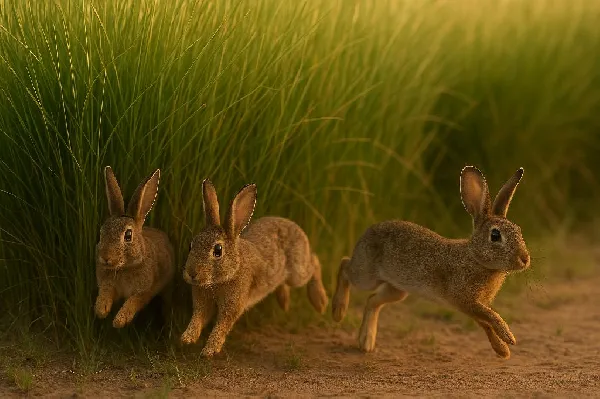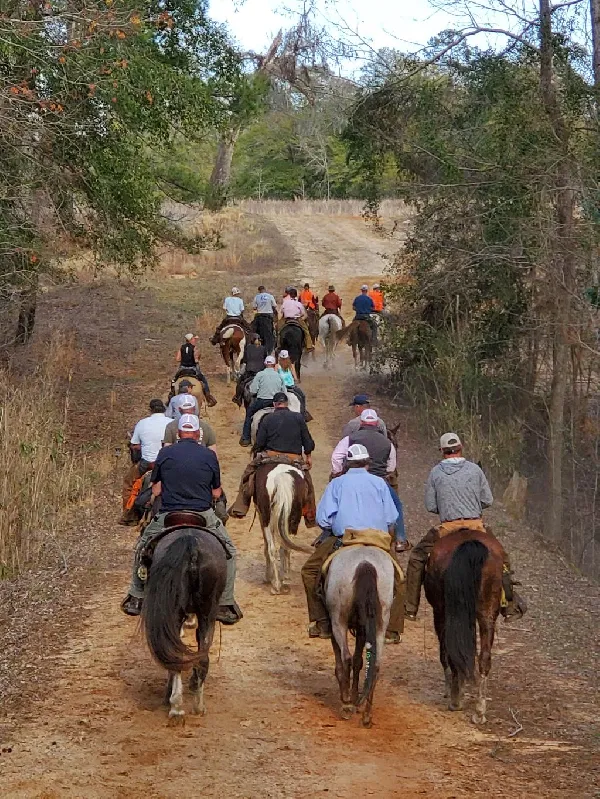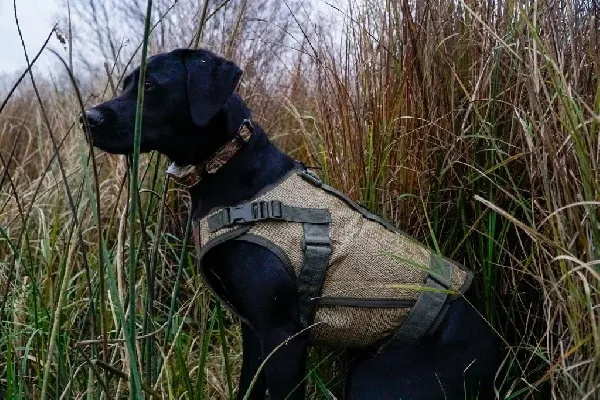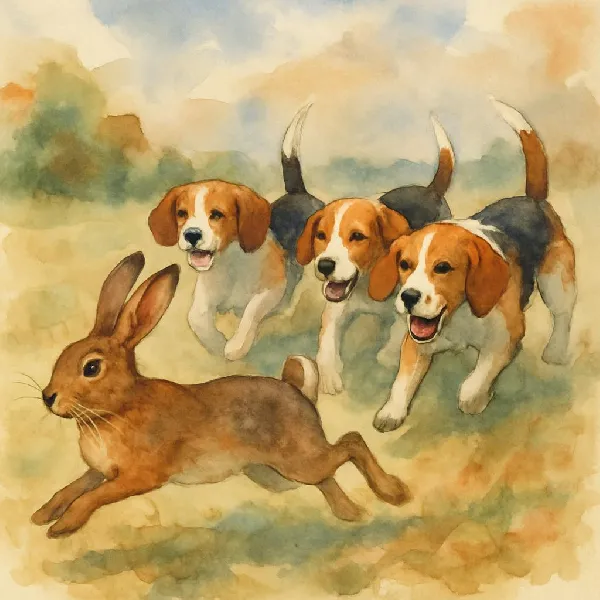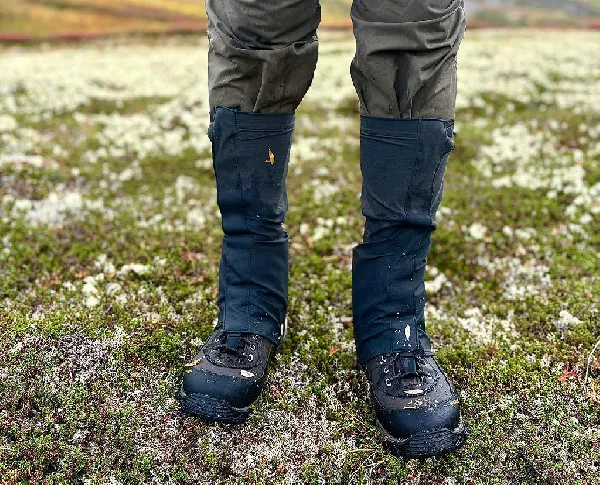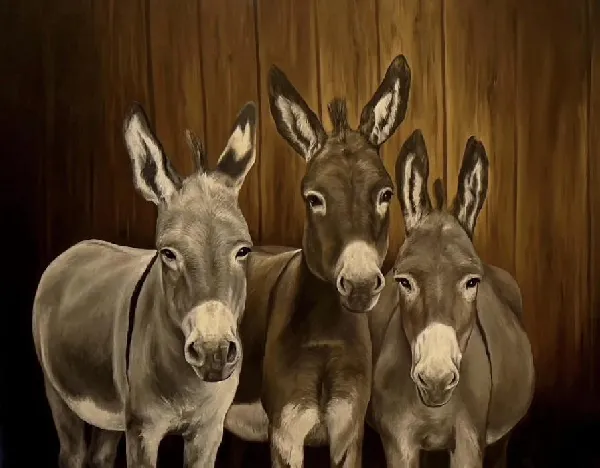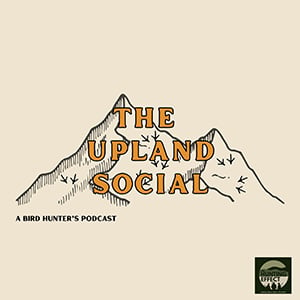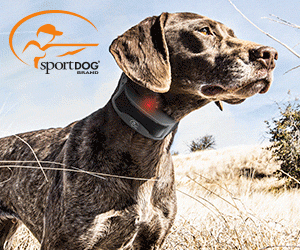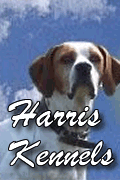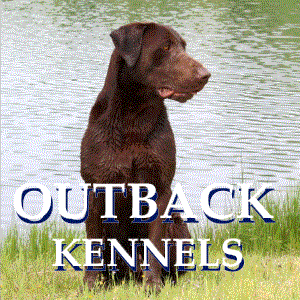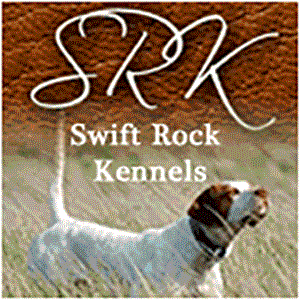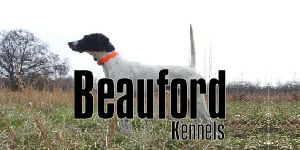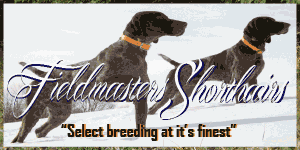Article Database
These page is loaded with Featured Articles
Upland Boot round-up
Back in 2022, I published an Upland Vest Round-Up on Gundog Central. Three years later, I’m following it up with a new piece: an Upland Boot Round-Up. Just like hunting vests, there are countless options on the market for upland boots. I’ve put together this list to highlight a wide range of choices across all price points, along with links to each manufacturer’s website for easy reference.
I am not affiliated with any of these companies, and I don’t earn anything from these links. The goal of this round-up isn’t to make specific recommendations, but to present clear, detailed specifications for each boot so you can make an informed decision. While this isn’t a fully comprehensive list, I’ve tried to include many popular models as well as a few budget-friendly alternatives.
Upland boots vary widely in size, weight, and purpose. Some hunters prefer lightweight designs, others need insulation, and those in snake country may opt for snake boots. I’ve tried to cover all of those considerations here.
Continue Reading
Changing Cover. Hunting Pheasants in Different Habitats.
Imagine observing roosters run ahead down rows of corn or milo until the birds reach the end of the field and then sneak into an adjoining wetland area, surrounded on one side by a golden field of short-grass prairie with brushy draws. This scenario has pheasant hunters in a variety of habitats. When hunting pheasants, cover can change over the course in a matter of minutes. Therefore, the hunting style pheasant hunters employ should reflect that. Pheasants will utilize every inch of habitat to their advantage if it helps them live another day. The court jesters of the Midwest are akin to adapting when fields get harvested or sloughs dry up. Hunting pressure pushes them out from one area to another. Hunters need to adapt to various habitats that pheasants use.
A Broken Plate
After a long hiatus I have returned to a sport I loved for many years. As I turn my pups loose now and watch them sail across the south pasture, I reflect on the many turns in the road that placed me here.
The Last Lone Star Birds
Prior to European settlement, the historical range of the Greater Prairie Chicken occupied a massive chunk of North America. Mid-continental grasslands boasted jaw dropping amounts of birds too great to number. What felt like an inexhaustible population would eventually fall prey to humanity’s insatiable greed for more, however. Market hunting and modern land development have delivered two colossal blows this icon of the plains will sadly never recover from fully. And while Greater Prairie Chickens aren’t necessarily on the edge of extinction, there is a subspecies of the bird facing perilous times in the coastal prairies of Texas.
Getting to the Point
My journey with pointers began like many of my adventures—with curiosity, a measure of daring, and a willingness to chase an idea as far as it would take me. If it was an Icarus sort of thing, I can’t say I regret flying too close to the sun. The height—the thrill—was worth it. Pointers are a lot like that. They can lift you up, make you feel unstoppable, and occasionally scorch your wings if you’re not paying attention.
You have a dove problems
As the dove season progresses, wingshooters should continue to scout, practice camouflage and concealment techniques, determining set-up in relation to the field and doves, and apply the use of decoys and their placement. These tactics will increase the chances of success significantly. Understanding dove behavior is critical for maximizing the hunting experience. Below are three additional suggestions for dove hunters to keep in mind that are often ignored or forgotten about.
Adjusting Your Training
When you have trained multiple dogs, once you find what works for you, it is natural to stick with the same method for each dog you train. If the way you introduce them to gun fire works, why change? If your drills for steadiness are successful, keep it up. That was the way I always felt. But as it turns out, we can get into that mentality and it is extremely difficult to break out of it when the time comes that we need to.
You’ve got dove problems
September 1st signals the annual arrival of dove season and the start of the upland bird season for so many bird hunters. Shooting doves is for many wingshooters, the beginning of a glorious time in the outdoors. It readies the soul for days afield to chase other feathered game in the coming months. Days prior to the dove opener, shotguns are pulled out of their cases, camo attire is selected, and lots and lots of shells are purchased. With all these preparations, several blunders will befall many dove hunters.
Rabbit Massacre
After eating my way through the holidays last year, I desperately needed some exercise, so when a couple of my buddies said they wanted to go pheasant hunting, I called my friend, Casey, who’s got access to thousands of acres of prime habitat in Oklahoma’s panhandle and booked a trip. Considering the limited success I have, it’s a miracle that I still go, but such is my relationship with pheasant hunting. If I happen to bag a bird, great, but if not, it’s not the end of the world, as there are peripheral benefits to be found on every pheasant hunt. I get to stretch my legs. I get to watch the dogs work. And whether I bring a bird home or not, I get to make another memory.
The Smith Setter Celebration
It’s tough to beat the warm days and cool nights of Georgia in the Spring. The high heat and humidity, the kind that drives field trailers in droves to the Dakotas, the Rockies, or Canada, hasn’t yet hit. The sounds of songbirds float on the light-variable winds, while the thundering gobbles of Eastern wild turkeys echo through the fields and draws. Bird doggers hear them, but they’re really listening for the ‘poor Bob White’ whistle. Gentleman Bob has been an important part of life on the land off of Ben Hatcher Road for a long time.
Field Armor V2 Waterfowl Vest Review
As waterfowlers and gun dog enthusiasts, we all want what is best for our faithful companions. Our dogs face the severe conditions of freezing cold, sharp debris, and long swims in cold water, all without hesitation. Because of this, we owe it to them to get them the best gear available. At least this was my philosophy when I purchased a vest for my Labrador, Libby, from Field Armor.
Initial Point
My Mississippi farmstead begins and stretches north and east from a big slab of granite known as the Initial Point of the Choctaw Meridian, which is an established survey monument, one of only a dozen or so in the United States, established in the early 1800’s. A dingy brass medallion with an X inscribed on its face, sits dead center of the stone. From that X, lands to the north and east, as far way as Tennessee and Alabama measure their boundaries exactly back to the small grove of beech trees and ultimately to the shaded brass marker therein. Along with coordinates and other official seals inscribed on the stone, are the words,….. ‘NEVER TO BE MOVED.’
Leggings for Wingshooters
“We’ll have to cross here!” yelled Jay as he pointed to the mountain stream. Rushing water blared over our gaiter-wrapped boots as we maneuvered across. My feet stayed dried as I waded through the foot deep waterway. Gaiters had served us well in the Alaskan backcountry throughout the trip. They were worn constantly. From hunting the boggy muskegs for spruce grouse, to chasing ptarmigan in the subalpine willow patches, waterproof gaiters were a real necessity in such an extreme environment. They had been probably one of the most important pieces of articles suggested by my host to bring and wear. Gaiters should definitely be in every wingshooter’s gear cache no matter the type of gamebird being hunted.
Two Men and Two Mules
This is a true story. It is set in a time of many transitions, including in Sussex County, Virginia, the transition from mules to tractors in the cultivation and harvest of peanuts. The time was 1945. The characters were Richard Spain, just home from service in the Army in WW II, and renting a small peanut farm to work, and Clarence Edwards, a mule dealer.










